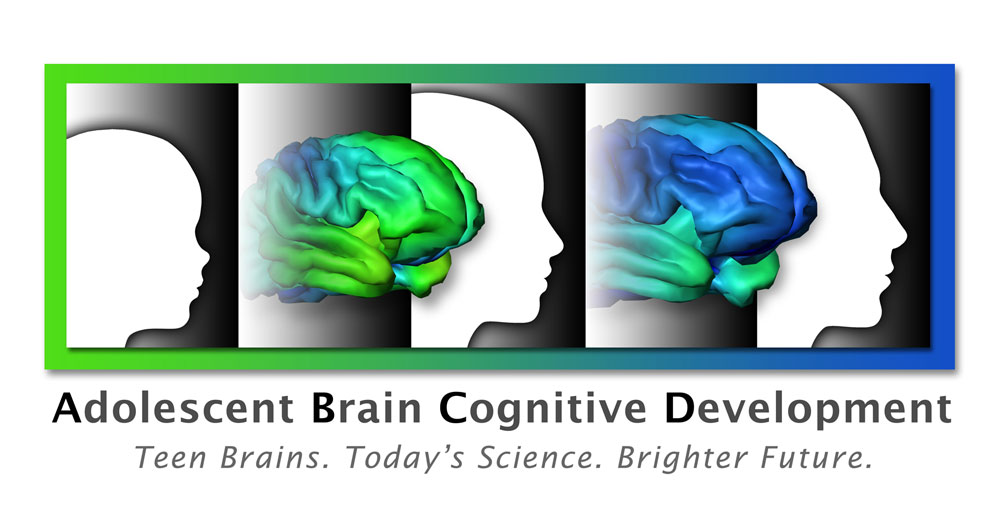VCU Involved in Adolescent Brain Cognitive Development (ABCD) Study – 10,000 Children to Participate

 The National Institutes of Health (NIH) will follow the biological and behavioral development of more than 10,000 children beginning at ages 9-10 through adolescence into early adulthood. Recruitment will be done over a two-year period through partnerships with public and private schools near research sites across the country as well as through twin registries.
The National Institutes of Health (NIH) will follow the biological and behavioral development of more than 10,000 children beginning at ages 9-10 through adolescence into early adulthood. Recruitment will be done over a two-year period through partnerships with public and private schools near research sites across the country as well as through twin registries.
“The ABCD project is the largest long-term study of brain development and cognition in the United States,” said F. Gerard Moeller, M.D., director of the VCU Wright CCTR and the VCU Institute for Drug and Alcohol Studies. “This is an important collaboration across institutes and centers within VCU and across the United States.“
Virginia Commonwealth University is one of four sites out of the 19 total ABCD Consortium sites that will recruit pairs of twins. With the support of the VCU Office of Research and Innovation, the VCU Wright CCTR’s Mid-Atlantic Twin Registry will aim to recruit 200 pairs of twins from Virginia and other surrounding states.
“Incorporating twins into the ABCD study provides researchers with a unique ability to study ‘what-if’ questions,” said James M. Bjork, Ph.D., associate professor in the VCU Institute for Drug and Alcohol Studies, the VCU Department of Psychiatry, and the VCU Department of Pharmacology and Toxicology. “By testing twins that may differ on various experiences, researchers can more confidently link experiences in a child’s life to how his or her brain developed. This enables us to approximate that ‘what if’ scenario, and add additional scientific value to the ABCD Consortium.”
The ABCD longitudinal study will also utilize advances in imaging technology, which were recently installed in the Wright CCTR’s Collaborative Advanced Research Imaging (CARI) MRI scanner. The CARI scanner employs cutting-edge “multiband” technology to stimulate multiple portions of the brain simultaneously and read out all of the data from those slices. This technology dramatically improves the sensitivity of MRI testing and enables VCU researchers to receive finer spatial resolution images or take more images over time than previously able.
Visit www.abcdstudy.org to learn more about the study.
Official NIH press release below [Download here]:
Categories Clinical Research, Clinical Trials, Data Science, Facilities, Funding

